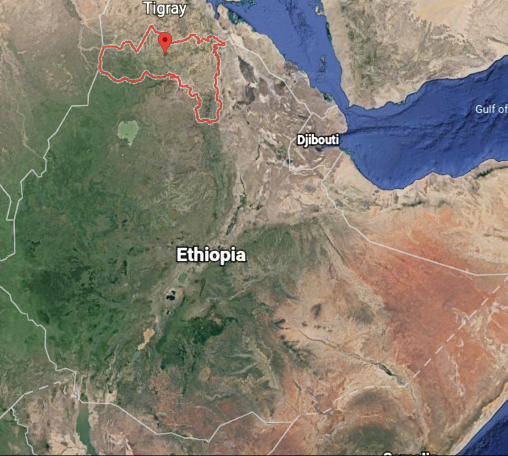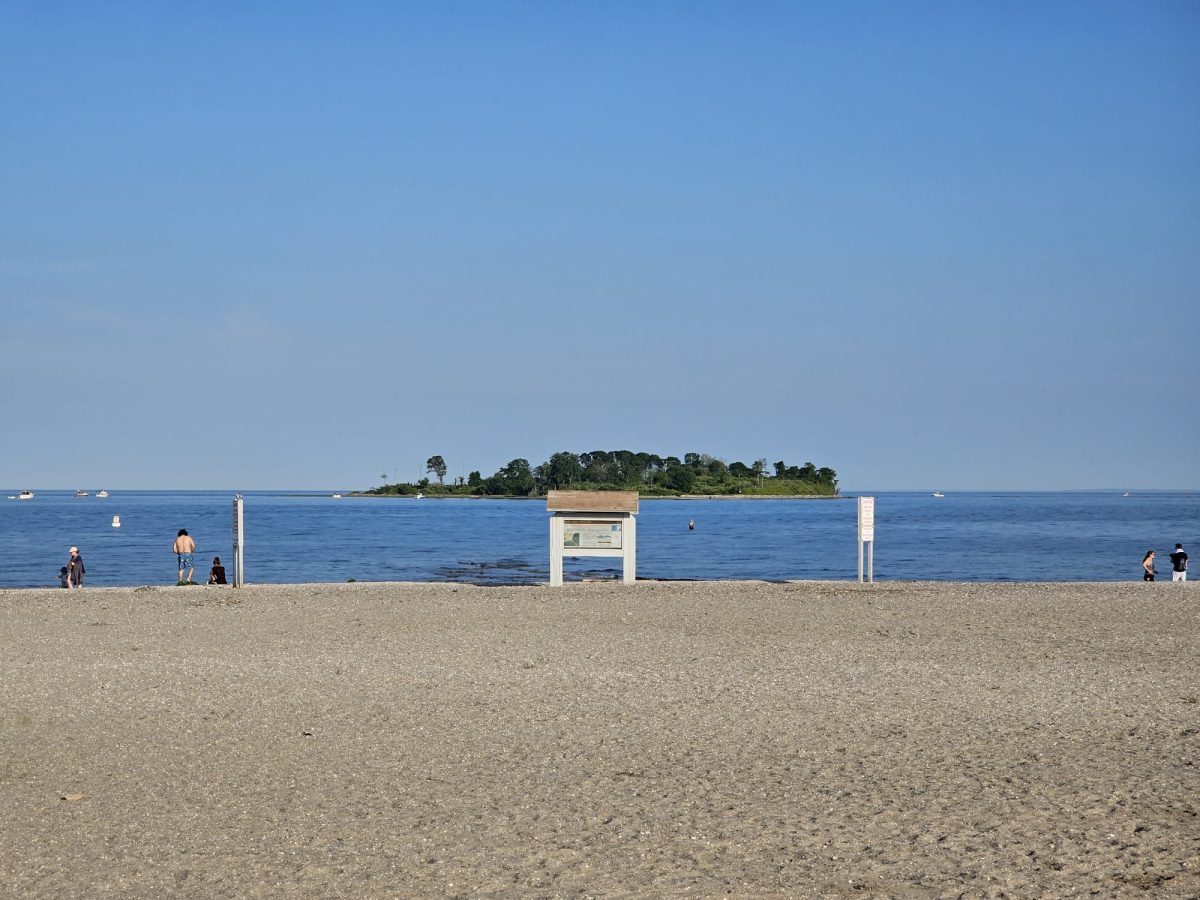Tigray Terror
Ethiopia’s Capital Awaits Rebel Advance

Rebel Territory: The Tigray Region highlighted within a map of Ethiopia.
November 10, 2021
Ethiopia, the second-largest nation in Africa, has faced brutal battles over the last quarter century, but their most recent conflict may prove to be their downfall. Under the rule of the Tigray People’s Liberation Front (TPLF), the country waged an intense 15 year war against the previous dictatorship, leading to the independence of Eritrea, a nation lying north of the Tigray region.
Despite Ethiopia’s previous conflicts, recent developments in the year-long civil war are unlike anything the country has ever experienced. The conflict in Tigray, a northern region, has also been called the Ethiopian Civil War based on the number of factions now engaged in the fighting. The war between the TPLF and the Ethiopian government in Addis Ababa has led to over 10,000 deaths in just over a year. Ethiopia now faces an existential threat as the Tigrayan Army pushes on to their capital.
The current Prime Minister of Ethiopia, Abiy Ahmed, has issued a warning to the population of Addis Ababa, telling them to take up arms and prepare to defend their homes, as well as saying, “Dying for Ethiopia is a duty for all of us.” The stance there will likely decide the fate of the current united party government, and perhaps the existence of Ethiopia itself.
Accusations of genocide and other war crimes have plagued both the Ethiopian Army and Tigrayan Army since the begining of the war.
In fact, the office of the UN Commissioner for Human Rights stated in a report, “There are reasonable grounds to believe that all parties to the conflict in Tigray have, to varying degrees, committed violations of international human rights, humanitarian and refugee law, some of which may amount to war crimes and crimes against humanity.”
Stability is a key word that much of the continent of Africa is moving for. Ethiopia was a relatively stable nation, and was never colonized, meaning it has never had a major power transition between other nations and itself.
History teacher Rachel Rowley adds, “Ethiopia is surrounded by nations that are engaged in their own conflicts and humanitarian crises so the conflict in Ethiopia will further destabilize the region”.
While Ethiopia is declining into a dangerous civil war, the position of the anchor of East Africa it used to hold is now gone, creating more chaos in the bordering nations of Sudan, South Sudan, Somalia, and Eritrea.
The danger of this war highly affects the country’s future. Ethiopia was famous for its large numbers of refugees after their famine in the 1980s. The likelihood of large refugee populations being created by the capital being under assault and the expulsion of those on the road is high. This type of refugee crisis may only end up being matched by Syria in its magnitude. It will come down to whether or not the federal forces in the capital can hold the line against a spearhead advance by the TPLF.








